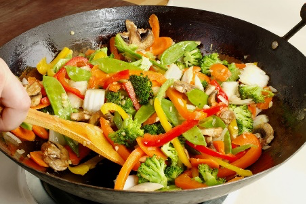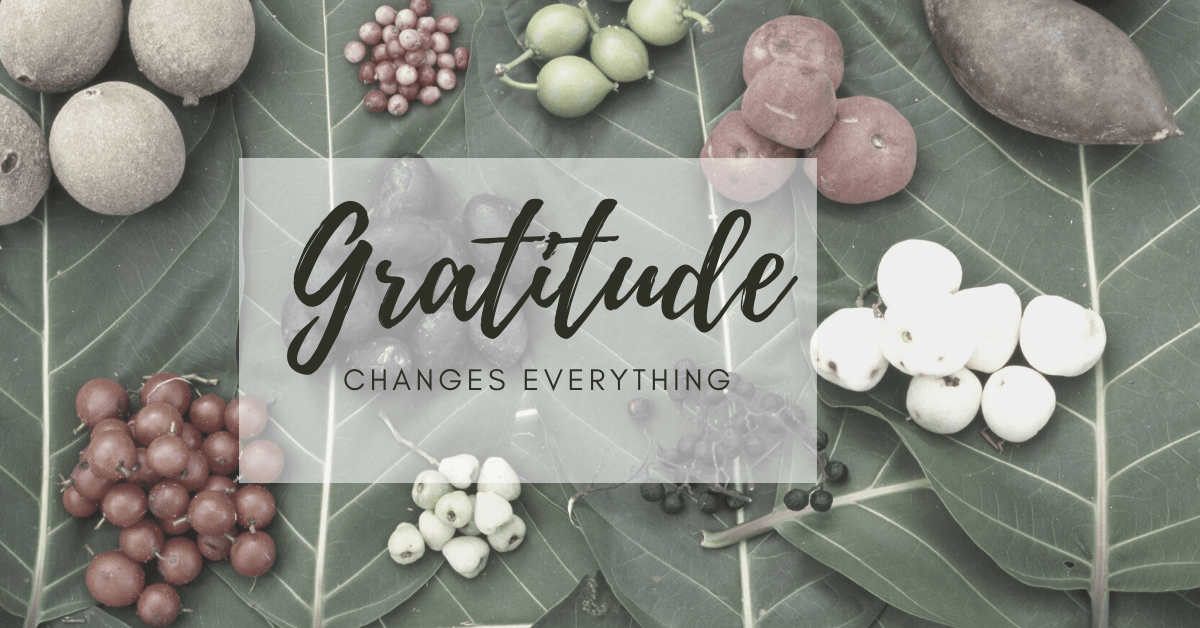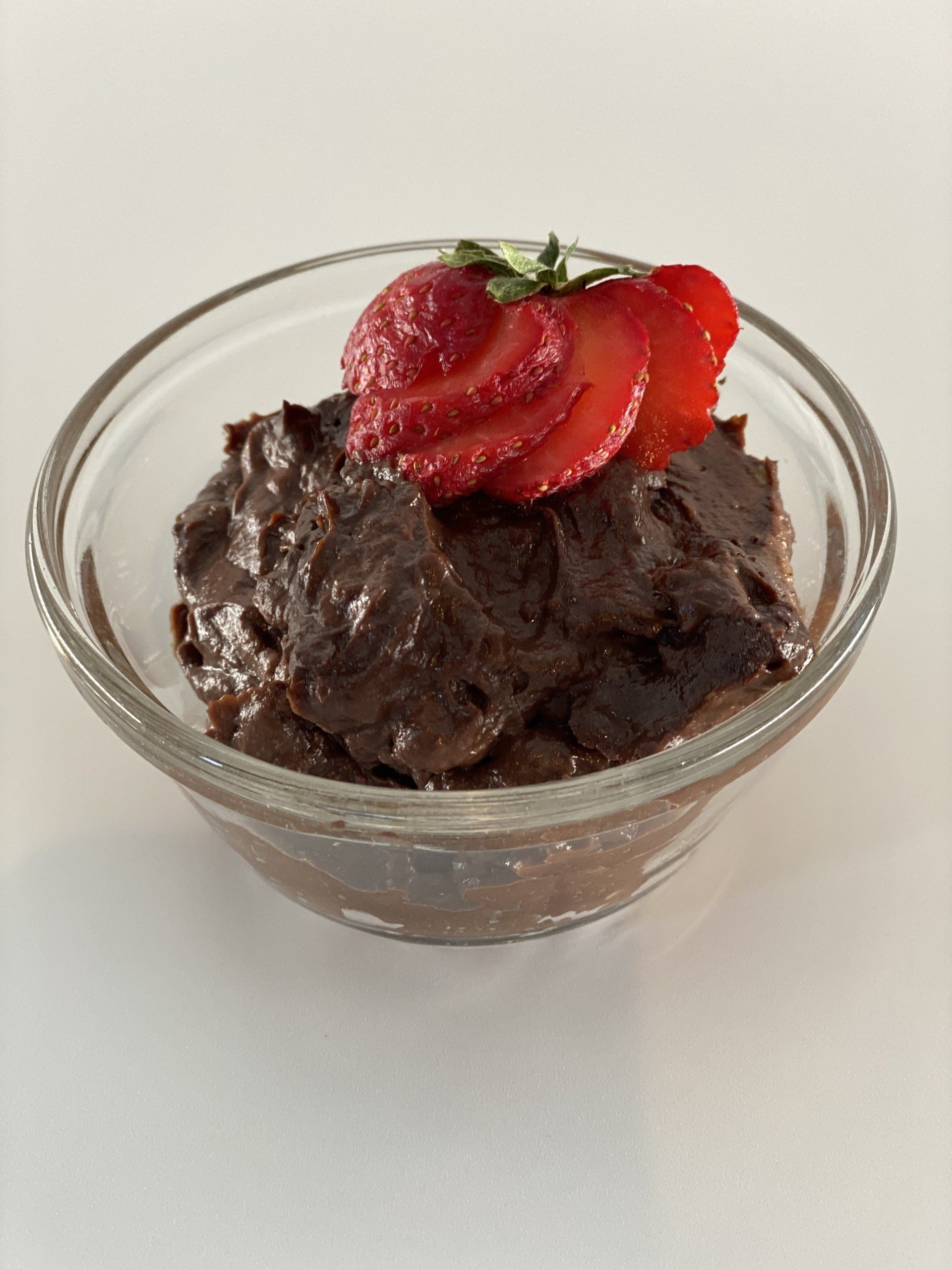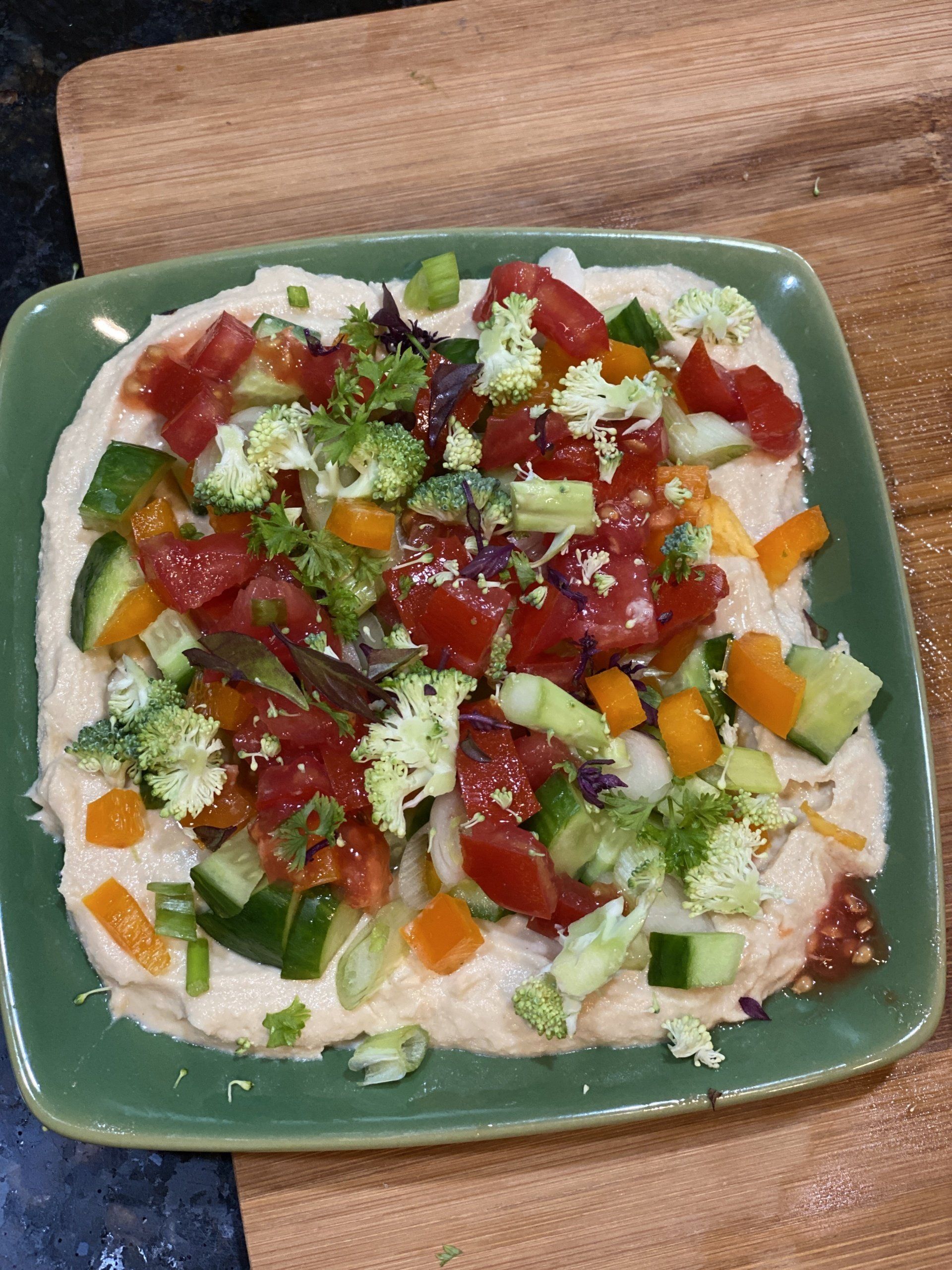GOOD TODAY, BAD TOMORROW—FOOD NEWS TO CONFUSE!
Unless you haven’t read a health article in the last ten years, you’ve probably seen both sides of the debate pertaining to soy consumption and women’s health. It’s truly maddening (as is so much of the health news out there) to hear it is good for you one day, and then the next day it is the villain causing cancer. So much for trying to do the right thing and guard your health through reading articles! Same goes for eggs, coconut oil and all the other foods out there that are Jekyll and Hydes in wellness reports.
Since this is such a vitally important topic when it concerns avoiding cancer or other serious diseases, please don’t leave it to chance or guessing. Do your research, ask your health provider and then if possible, get a second opinion. The information presented here is the results of my own findings to help me better understand why there are the conflicting reports out there, and NOT a recommendation for how YOU should handle your own health situation! I have dealt with health scares over the years myself (especially with breast health) and do my best to eat healthy and add things to my diet that increase my wellness and help avoid disease.
It is important to understand that the information we see in articles on the web or in a magazine, popping up in newsfeeds and ads are very often paid for by companies or groups that have a personal interest in what is presented. This conflict of interest has an incredible effect on what you are allowed to know as much as what you are not told. An organization that could have billions in profits destroyed by damaging medical findings certainly isn’t going to take out ads promoting these new findings and may actually have researchers create ‘studies’ to counter those results in their favor. Again, facts and numbers can be easily manipulated and results worded carefully to make even something obviously unhealthy look saintly. The best advice on reading nutrition and health articles is to check where the information came from, sources, and sponsors of the study. If the article stating “add beef to your diet to decrease your cholesterol” has 5 sponsors and 4 of them are beef farming industry groups, well, you can’t possibly view this as a truly unbiased report that covers all the facts!! Also, beware some mini magazines that one gets in the mail or supermarket from hospital system groups or employers are often just cut-and-paste collections of news bites somebody pieced together off of the internet and these snippets can be taken out of context or be missing key points. Use your common sense!
First of all, let’s look at the soy debate concerning plant based estrogens or phytoestrogens, which soy products are rich in. They can act similar in the body to human estrogen. Different cancers especially those of breast or reproductive tissue can be hormone driven and estrogen clearly plays a part. Women enduring menopause symptoms are battling the sudden loss of estrogen and for decades were given estrogen replacement therapy to ease their symptoms and claims of protecting their hearts and preventing osteoporosis. I see articles cursing soy consumption because it introduces more estrogen to the body and since soy is fed to most livestock in CAFO operations, we are also consuming it secondhand. And then I see articles pushing a more natural approach to dealing with the discomfort of menopause recommending eating plenty of soy foods. (Other foods like flaxseed, lentils, yams, alfalfa sprouts and olive oil also contain plant estrogens.) What’s a lady to do? The most informative mini video I watched on this was through Dr. Greger’s Nutritional Facts. Org. Learning basic human biology about alpha and beta receptors in our body that absorb human estrogen and plant estrogens, which parts of the body house which receptors and decades of results in controlled studies REALLY educated me. Maybe a bit too deep for those of you who aren’t science geeks like me, but we need to be advocates for our own bodies and the more you know, the better your choices! My only personal thought is if you choose to eat soy always buy NON-GMO organic soy products so you aren’t ingesting chemical agricultural sprays or genetically modified soybeans. As with any food, the least processed form is the most nutritious, so green edamame, or raw soybeans which are easily found in most freezer sections shelled or in the pod are better choices than highly processed soy protein powder. The soy debate rages on, so do your research and as always seek advice from your trusted health providers about estrogen.

Wait, did you say Eda-Mommy?
Another famous food villain/hero is the humble egg! A staple of the American diet, it is usually very inexpensive, easily accessible and unless you have an allergy, and pretty easy to digest. As a chef, I can sing its praises for hours since few foods can do so many amazing things or be so versatile. For health benefits, the egg white is high in protein and the yolk is rich in iron and nutrients. Price per pound for such a nutritious protein makes them a bargain compared to meat. But then there is the pretty big jolt of cholesterol and saturated fat found in the yolk, and back in the fat free 80’s craze, they became the enemy. You can read the medical ‘experts’ constant back and forth arguments about the role cholesterol and saturated fat play in heart disease and the state of your arteries, ranging from it is totally at fault to it has nothing to do with it at all! Now with the intense popularity of the keto diet, eggs are back in favor once again since that diet plan encourages very high intake of fats. What comes around goes around, much like clothing styles. (Except I would like to ban high waisted pants and send them back to 1982, really, who invited them back??) If you are concerned about your cholesterol and triglyceride numbers or a heart condition, asking if eggs are a good choice for you is a great question for your health provider. Let us not forget saturated fat and cholesterol show up in all animal products so your meat and dairy intake also affect your dietary totals. My personal dietary viewpoint is good old moderation and food quality. If I am going to consume eggs, it will be a once a week breakfast and they will be farm fresh, local, organic eggs made with care.

And speaking of eggs…….Few foods have so many confusing labels and marketing gimmicks as eggs. Free range, vegetarian fed, cage free, organic, even the color of the shells, and don’t forget cute pictures of red barns and smiling chickens on the carton! Do some research and take off the rosy glasses and you will realize free range can still mean thousands of chickens in a shed with an open door at the end none of them actually walk through. Factory eggs come from stressed caged chickens fed poor diets LITERALLY beefed up with protein from cow by-products (again, imagine the food chain of hormones & antibiotics these animals all consume by the time you fry that egg). Brown shelled eggs are no better than white or gray shelled egg, it is determined by the breed of chicken. Your best bet is to shop a farmers market or a natural food store that sell local farmer’s eggs from chickens who are actually outdoors scratching in the dirt for bugs, enjoying compost food scraps and eating only organic feed if weather forces them indoors. Chickens are not vegetarians, and their dark yellow or even orange yolks show the natural nutrition they are consuming in eating their intended diet. You can literally see the difference in their eggs and believe me, you can taste it! If gas station eggs at 79 cents a dozen seem like an incredible deal compared to $4-5 a dozen for organic or local farm eggs, remember that you truly do get what you pay for!
Never fear, if it seems like your favorite food is now on the naughty list, just wait a day or two…and it will be back in the news by next week saving mankind. It is our job as consumers to see past the smoke and mirrors and do our homework digging deeper for answers!
Healthy Chef Shell







Healthy Chef Shell | Disclaimer
Powered by Healthy Chef Shell
Website Developed by Missing Piece Marketing by Kate Dewick LLC



